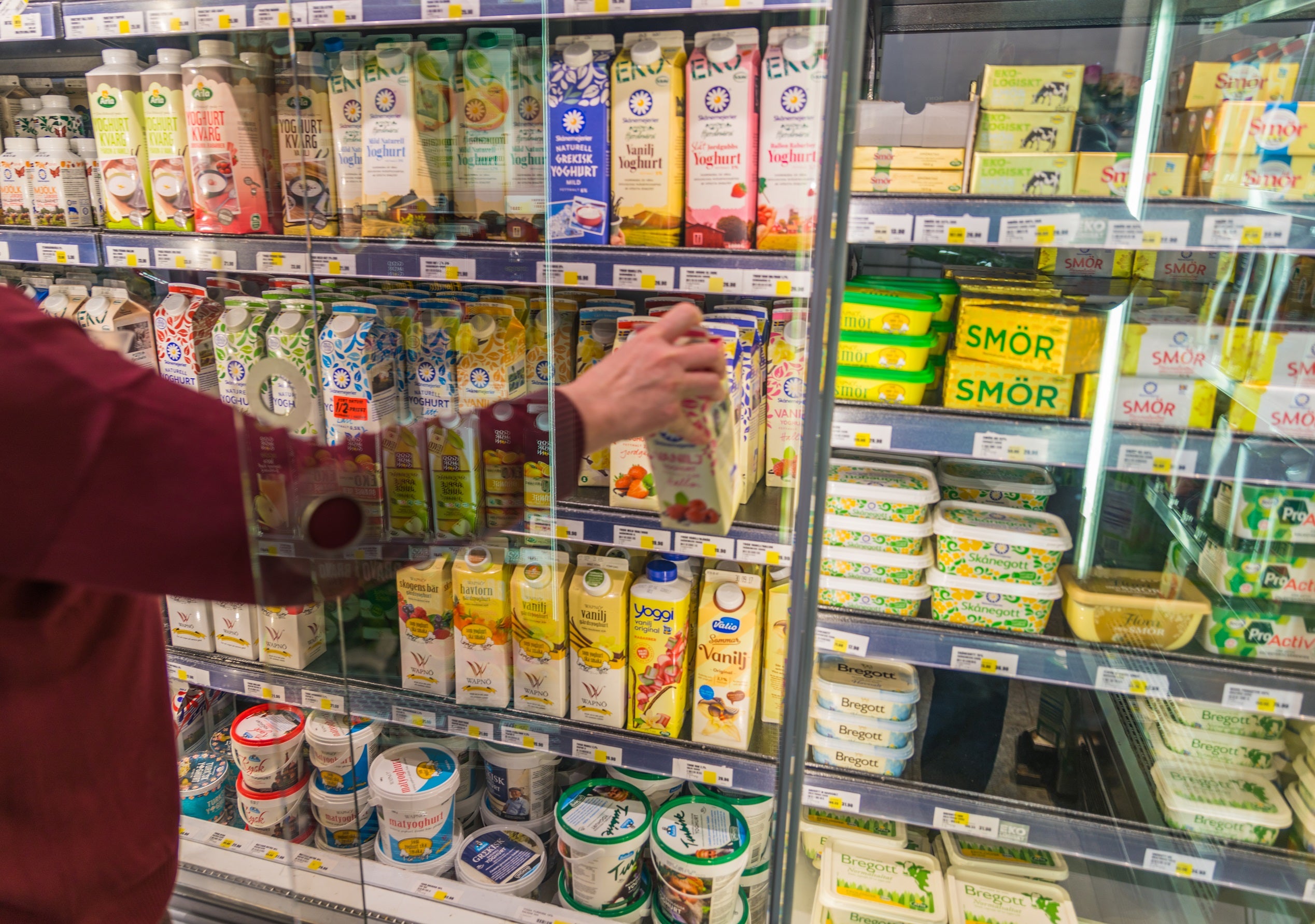
Sweden’s competition authority, which is set to publish a report into high food prices in the country, said it has concerns over retailer margins.
The Konkurrensverket’s report, commissioned by the country’s finance ministry in March, is due to be published tomorrow (27 June) and is expected to comment on possible profiteering in the food chain.

Discover B2B Marketing That Performs
Combine business intelligence and editorial excellence to reach engaged professionals across 36 leading media platforms.
It is also looking at food production and wholesale margins.
Speaking to the Reuters news agency, Martin Mandorff, head of market abuse at the competition authority, said: “When we look at the margins on the retail and wholesale side, we see some cause of concern in terms of how they’re developing.
“The way the margins are developing, it had better be connected to increasing cost, otherwise we might be quite worried.”
Sweden’s grocery retail sector is dominated by three main players – ICA, Axfood and Coop – a situation Mandorff describes as “oligopolistic”.

US Tariffs are shifting - will you react or anticipate?
Don’t let policy changes catch you off guard. Stay proactive with real-time data and expert analysis.
By GlobalDataKonkurrensverket’s report is expected to examine whether such market dominance has contributed to Sweden having the largest increase in food prices in the Nordics this year.
The food inflation rate In Sweden was 14.16% in May, against a general inflation rate of 6.7%, according to figures from the Sveriges Riksbank.
Rising prices at the supermarket till are a hot issue in many markets at the moment, with food manufacturers arguing they are putting prices up to reflect inflation in their supply chains.
However, in some markets, including the UK, France and Germany, grocers have often been involved in disputes with branded food manufacturers, as they have been at times reluctant to accept price increases which could push their customers into the arms of lower-cost rivals.
Reuters reported that Sweden’s Finance Minister Elisabeth Svantesson called in the three major supermarket chains for discussions on high prices earlier this year, after which the supermarkets temporarily cut prices on some products.
Last month, Leif Nordqvist, who is coordinating the pricing review for Konkurrensverket, said: “From the end of 2021, Swedish food prices have increased by just over 20% on average. Concerns have been raised that the price increases would be at least partly due to a lack of competition in the food chain. At present, there are unfortunately too few facts about this to be able to draw any clear conclusions on the matter. Therefore, we take a closer look at various issues related to competition in the food chain and try to find out if they have any connection to the price increases that have taken place in the industry.”
He said the organisation had selected a number of products and has analysed how much the price increases may linked to shortages and how much may be due to a lack of competition.
“We want to identify potential competition problems that contribute to price increases in the grocery trade and that can be directly or indirectly linked to the wholesale level and propose solutions to remedy that type of problem,” he said.
“We also examine the conditions for competition in food-producing companies and primary production. There we look at whether there are indications that a lack of competition has led to higher food prices and what measures could be taken in such cases to increase competition.”
Earlier this month, French food manufacturers agreed to reduce the price of basic items from next month, the country’s finance minister Bruno Le Maire revealed.
Some 75 companies that make 80% of French food, including the likes of Nestlé and Unilever, will reportedly lower prices from July.





